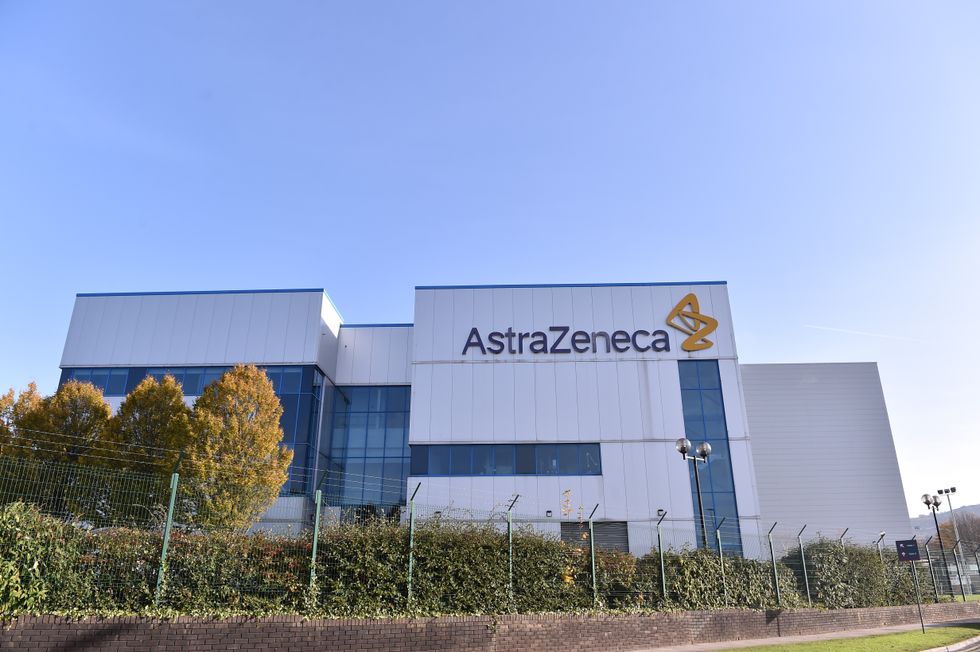AstraZeneca rejects claims Covid jab 'defective' in £80 MILLION court case
A healthcare professional draws up a dose of the Oxford/AstraZeneca Covid-19 vaccine
Claims from dozens of alleged victims are expected in the coming weeks
Don't Miss
Most Read
Trending on GB News
Drugs firm AstraZeneca has rejected claims its Covid vaccine is “defective” in an £80million court case.
The High Court is hearing a case brought forward by a father-of-two who suffered a significant permanent brain injury after receiving the vaccine in April 2021.
At least 40 further claims for damages are expected to be lodged in the court within weeks.
It has been estimated that the claims are worth approximately £80million.
WATCH NOW: GB News discuss the Covid Inquiry
The Cambridge-based drugs firm argued the claim is “confused” and “wrong in law” as it submitted its defence to the High Court.
AstraZeneca said that the benefit/risk profile of the vaccine was, and remained, positive.
It added: “[The claim is] “unclear, lacking in detail and imprecise about the claimant’s case in general and the nature of the defect alleged in particular”.
It reiterated how the vaccine developed in conjunction with Oxford University was approved by the Medicines and Healthcare products Regulatory Agency (MHRA).
Jamie Scott is suing the company after suffering from an adverse reaction.
LATEST DEVELOPMENTS:
A general view outside AstraZeneca Millcourt center
GETTY
Scott, who worked in IT, survived but can no longer do his job after suffering a serious brain injury caused by a blood clot.
The father-of-two’s lawyers said he had “been left with very serious injuries including speech difficulties, reduced cognition, memory and processing”.
An MHRA report on adverse reactions to the AstraZeneca jab revealed at least 81 people died in the UK from a vaccine-induced reaction that led to blood clots and low blood platelets.
Scott’s lawyers had also argued the vaccine’s “efficacy” had been “vastly overstated” because the drugs firm had concentrated on a relative risk reduction of 70 per cent and not an absolute risk reduction of 1.2 per cent.

Person getting vaccine
PAHowever, AstraZeneca “denied that the omission of ‘absolute’ risk reduction data was misleading”.
The drugs firm said: “The absolute risk reduction was not included in the press release because this information varies depending on the underlying risk level at the time of the trial and in the context of individuals with different risk levels.
“Absolute risk reduction data are difficult to interpret, potentially confusing and (taken in isolation) not a good indicator of efficacy.”
In its defence, AstraZeneca added: “Taken overall, the original wording of the press release did not exaggerate the safety of the AZ vaccine based on the clinical trial data.”









